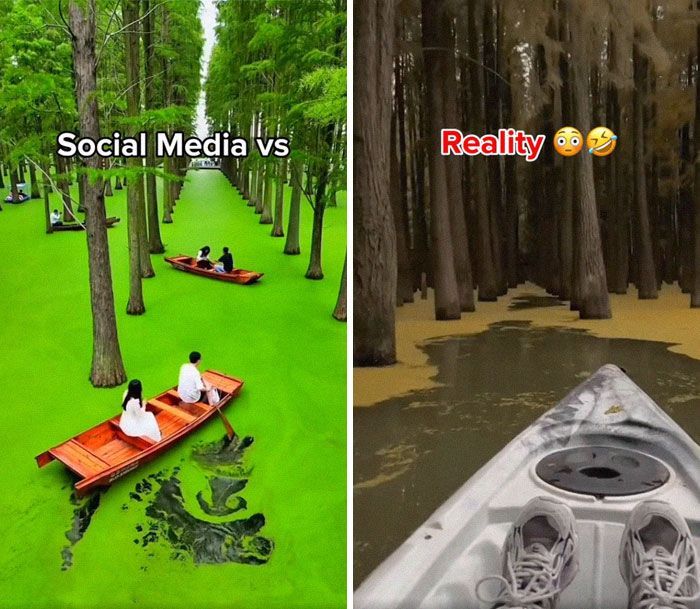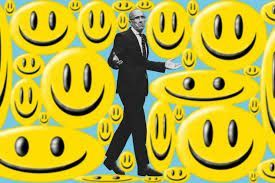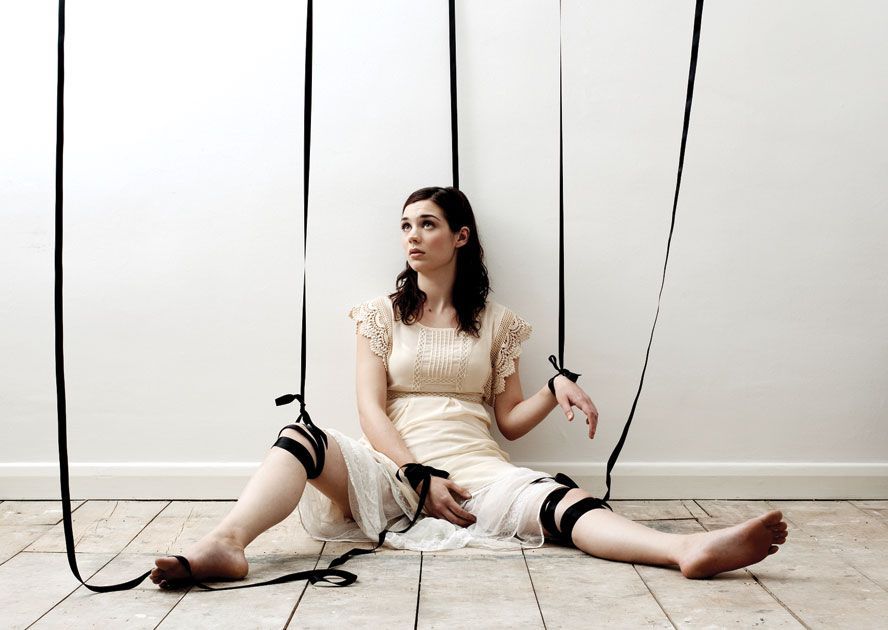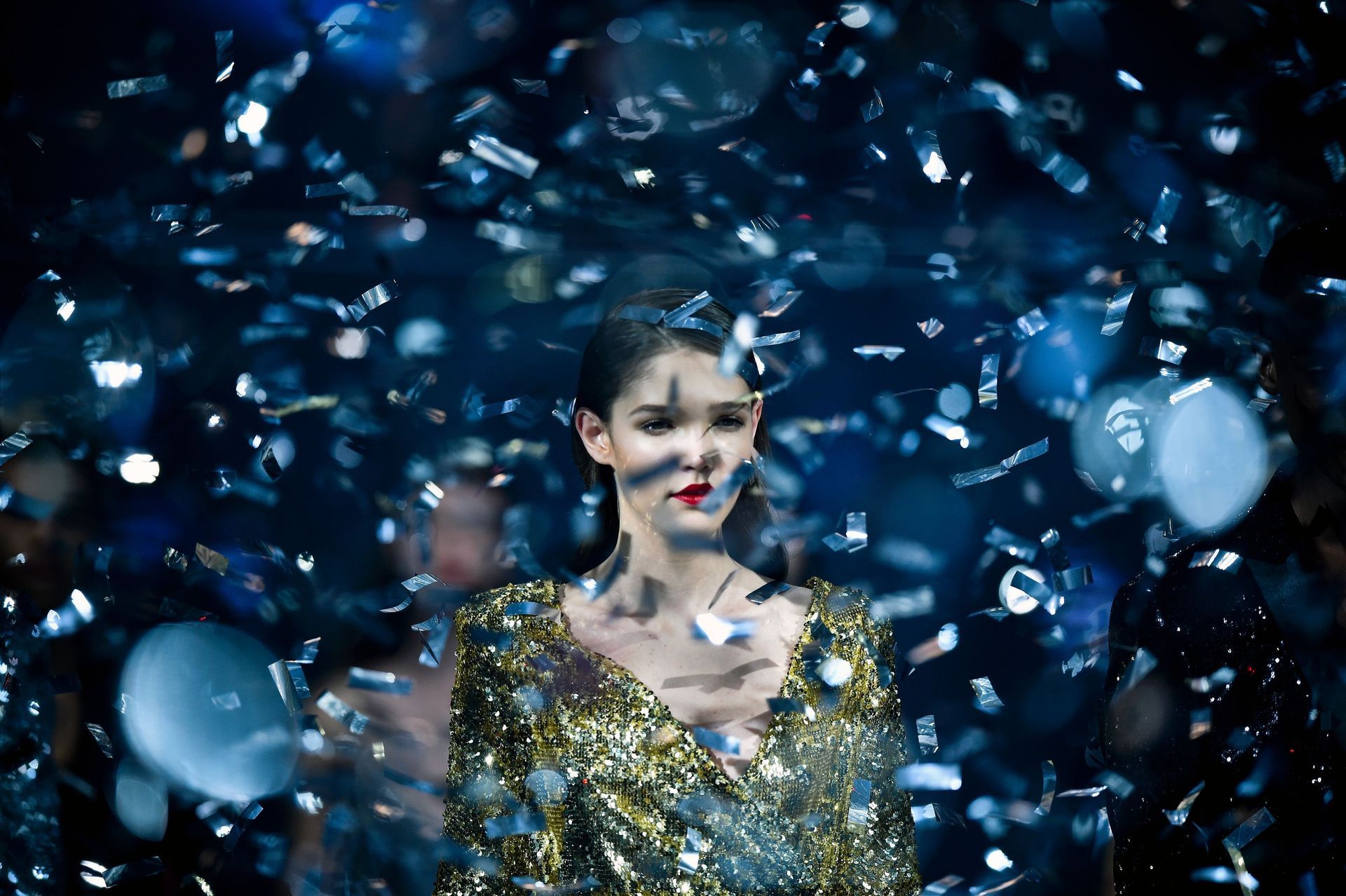Is Everyone Having More Fun Than Me?
Beverley Stewart • March 3, 2024
Is Everyone Having More Fun
Than Me?

Have you ever spent your Saturday night sprawled out on the couch in your jammies, munching on Doritos and mindlessly clicking the remote control? Perhaps the question entered your mind – Why aren’t I out having fun like everyone else in the world? You’re not alone in feeling this way. Sadly, many of us have come to believe that the whole world (except us) is enjoying a fulling life jammed packed with parties, fun, music, dinners with friends and crazy adventures. The truth is … sometimes some people do get out and about, but that’s sometimes, and that’s some people. The world’s population isn’t as social and fun loving as we’ve been led to believe. You and I may in fact be the norm.
This phenomenon, often related to "FOMO" (Fear Of Missing Out), is a persistent feeling that many of us experience at one time or another. We’ve come to believe the illusion of constant fun in the lives of others. It’s a manufactured reality. But why do we believe that others are having a better time than us?

Why Do We Think Others Have More Fun?
From a psychological perspective, several factors contribute to this perception:
Self Comparison:
One factor contributing to our negative evaluations of our social lives could be our tendency to compare ourselves, not against a typical cross-section of the population, but against the most readily available examples – social media and television.
Selective social media sharing plays a significant role in our distorted perception. People tend to create their online personas, carefully selecting the moments they share with the world. (They’re not going to post about eating those Doritos on the couch on Saturday night are they?) As a result, our social media feeds are filled with highlights - exciting vacations, lively parties, and happy gatherings. We see the polished end product without witnessing the mundane moments, struggles, or challenges that accompany them. Consequently, we compare our everyday lives, with all their complexities and drudgery, to the carefully crafted highlight reels of others. It’s not surprising we are led to believe that others are living more exciting and fulfilling lives than we are.

Availability Bias:
This is a mental shortcut that our brains regularly use. It causes us to rely on immediately recalled examples that come to mind when we’re evaluating something – rather than studying all the data to make our decisions. It’s about our tendency to rely on readily available information when making judgments instead of all the information that we should be considering. When we see vivid and frequent posts or images of others enjoying themselves, these images become easily accessible in our minds. As a result, we tend to overestimate the prevalence of such experiences occurring to others. And of course, we underestimate the frequency of our own fun moments. It's like constantly seeing advertisements for that Super Dooper Magic Mop – we then begin to believe that everyone else is using it and we’re missing out!

Social Comparison Theory:
This theory suggests that we all naturally evaluate ourselves by comparing our abilities, opinions, and attributes to those of others. However, these comparisons are not always accurate or fair. We often compare our own behind-the-scenes struggles with the selective and edited images others want us to see of them and their lives. This leads us to feelings of inadequacy and envy. On top of that, we may selectively compare ourselves to people who appear to have it all – those with money, career, love, popularity, and success – while ignoring the fact that everyone faces their own challenges and insecurities – even those who look perfect on the outside.
Need for Connection:
Our instinctive desire for social connection and belonging intensifies the belief that others are having more fun than us. We fear being left out or excluded from social events and experiences, so we’re hyper-focussed on activities and gatherings that we're not part of. This fear of exclusion amplifies our perception of how much others enjoy life and it deepens our own feelings of loneliness and dissatisfaction.

Societal Norms:
We all have internalized societal or cultural norms regarding what constitutes a fulfilling or successful life. Messages from media, advertising, and peer groups often emphasize the importance of wealth, popularity, and achievement in defining happiness. As a result, we may feel pressure to measure up to these unrealistic standards, leading to feelings of disappointment or self-doubt when we perceive ourselves as falling short. Even though (through experience) you don’t enjoy camping, you might also feel that this is fun others are having and you’re missing out on.

Life Experience:
Past experiences or unresolved issues may contribute to our belief that we’re not having as much fun as others. Traumatic events, chronic stress, or interpersonal conflicts can diminish our ability to experience joy or engage in fun activities. Some of us may also struggle with underlying mental health issues such as depression or anxiety, which can dampen our mood and affect our capacity for enjoyment. This can result in us feeling we don’t have as much fun as others, even though we may be doing the same things.
What ever factor is behind our feelings of inadequacy, it's essential that we recognize that this perception is not reality. Social media presents an artificial often exaggerated version of reality, and comparing ourselves to others only fuels negative emotions. Instead, we should try to cultivate gratitude for the moments of joy and fulfillment that we experience in our lives, recognizing that everyone experiences both highs and lows.

In The End
The belief that others are having more fun than us is caused by a complex interplay of social media and entertainment influences, cognitive biases, social comparisons, cultural norms and past experiences. By understanding these psychological factors, we can lessen the impact of this type of FOMO. If we can stop making comparisons with others, we can learn to appreciate the uniqueness of our own journey and find greater contentment in the present moment. We also need to cultivate a healthier relationship with social media and focus on the awesomeness of our own experiences. Remember, the grass isn't always greener on the other side - it's just a different shade.
Best Tip - Enjoy the fun times you’re having and forget about what everyone else is doing!
Life is short. Live it well.
To find out more about Depression Counselling click here. For Change Counselling click here. Or go to Contact Page to make an enquiry.










